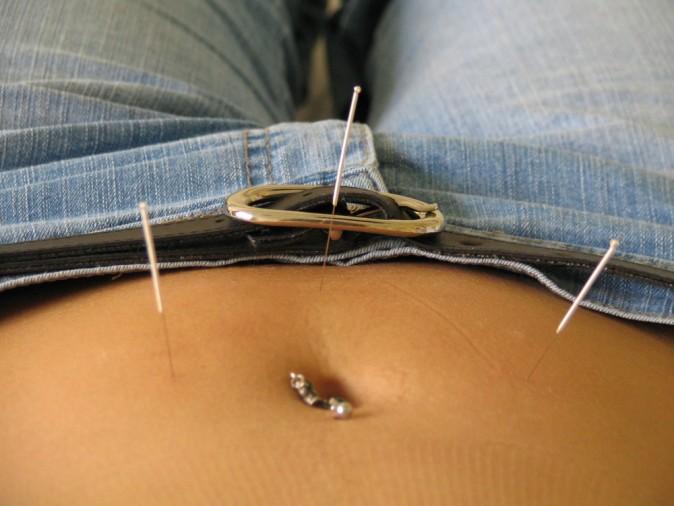You may have noticed that you have more joint pain when you are going through a difficult time in your family or business life. This is because there is a real correlation between joint pain and stress.
In Chinese medicine, we know that the liver energetic system is responsible for maintaining the free flow of Qi (vital energy), blood, and fluids in the mind and body. When there is free flow, your system can function in a healthy way, and you feel good. Stress compromises the liver’s ability to carry on that important job, which results in blockages.
Joint pain from past injuries or chronic disease is one of the most common problems treated in acupuncture clinics in this country. Acupuncture is effective for joint pain because it addresses the underlying conditions.
Western medical treatments usually focus on reducing the symptoms of inflammation using over-the-counter or prescription anti-inflammatory medications. These medications are somewhat effective for a period of time, but often have unwanted side effects such as gastrointestinal problems, and they don’t address the underlying causes of joint pain.
Chinese medicine sees that the cause of joint pain is blood stasis. Blood stasis occurs when Qi is not flowing freely and becomes stagnant or blocked. Qi is the force that moves blood and fluids in the body, so when it is blocked, blood also does not flow.
Acupuncturists diagnose illness by looking at the color of a patient’s tongue, feeling the strength and quality of the pulse, palpation, observation, and asking questions. Some of the indications of blood stasis are a dark cast to the body of the tongue, a tight wiry pulse, and a sharp or stabbing pain that is fixed in one location.
Acupuncture reduces inflammation by restoring the free flow of Qi, blood, and fluids in the body. This allows your system to heal itself so there are no adverse side effects.
Emerging Western medical research on degenerative joint disease has identified impaired blood flow as one of the causes of joint pain, bringing it to a diagnosis similar to the one Chinese medicine has understood for thousands of years.
The joints have their own vascular tissue, and when this tissue gets blocked with tiny blood clots and fat droplets, it causes pockets of bone to die off and stop replenishing cartilage and joint fluids.
Treatment
I always encourage prompt treatment when you are experiencing joint pain. As part of your health care team, an acupuncturist will be able to supplement care, help you avoid prolonged use of pain medications, assist you in healing faster, and often avoid chronic pain in the affected joint.
In my acupuncture office, I help reduce the inflammation with acupuncture, a Chinese medical massage technique called tuina, and often herbal formulas as well.
As an acupuncturist, I treat you as a whole person, mind and body, and usually incorporate stress-relief strategies in my treatment approach. I often suggest specific breathing and movement exercises. Visualization techniques and meditation, qigong, or yoga can also be helpful.
One of my patients who is an active tennis player recently complained that she had had pain in her elbow for the past several months.
After being treated with acupuncture, tuina massage, and manipulation techniques over a few visits, she is pain-free and able to continue playing tennis. Not only did she find the treatments relaxing at the time, but reported that her general stress level has been reduced as well.
Cindy E. Levitz, M.S., L.Ac. is a Diplomate in Oriental Medicine, NCCAOM. She has been in private practice since 1996. Specialties: stress, anxiety, and pain reduction, women’s health issues. Complimentary consultation: www.AcupunctureAndHealth.com



